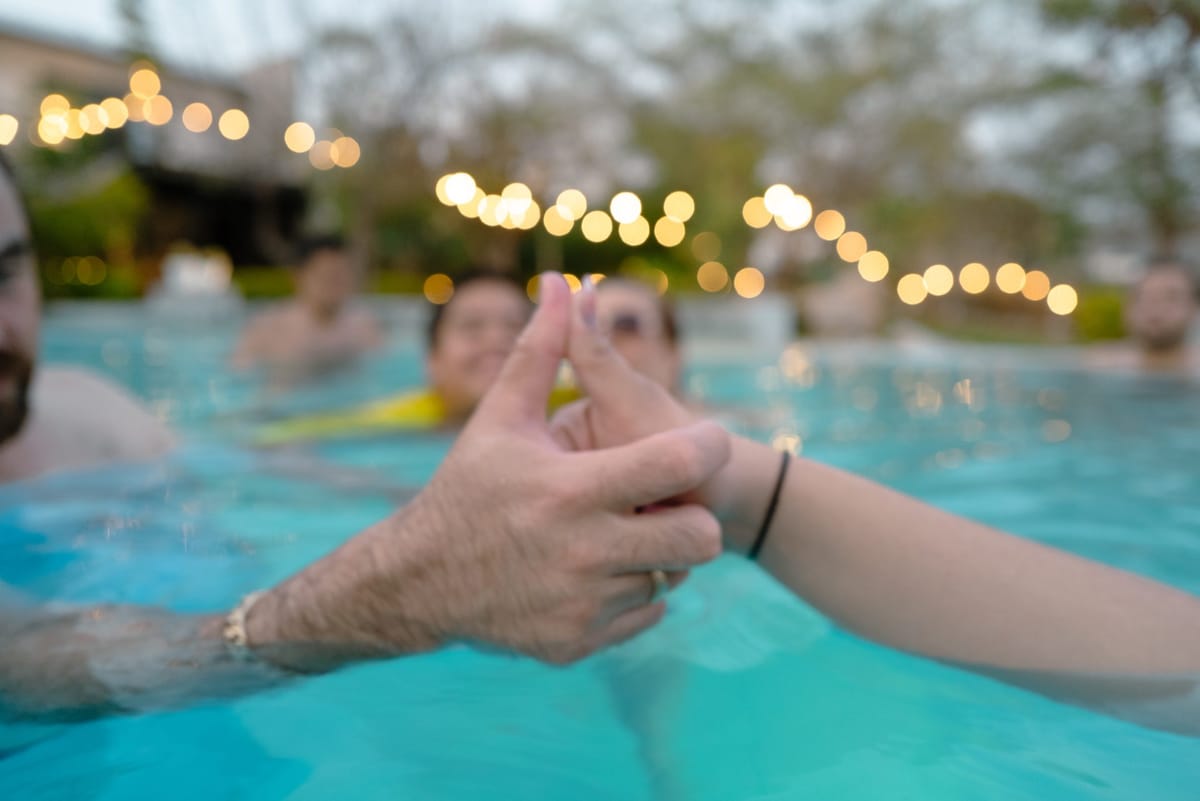Rediscovering the Joy of Learning

When I was in middle and high school, I didn’t care much for exams, getting good grades, or many of my classes. Some topics were interesting, but the way most teachers presented them was boring to me. I was also against homework and still am, to some extent. The idea of spending many hours each day at school and then bringing more schoolwork home didn’t sit right with me. I’ve read and written a lot about the idea that kids should have plenty of time to play and do nothing while growing up. Downtime allows them to discover the world around them and, more importantly, imagine and play with their discoveries. This is a great way for humans to learn. Some people think that young students should have plenty of homework to keep them busy at home. I couldn’t disagree more.
Learning is something I have always liked; it’s the school education process I never really agreed with. For example, I enjoy reading to learn about topics or just for enjoyment. When I was in school, some teachers almost robbed me of my enjoyment of reading by dictating what books we should read and how we should read them. In my opinion, when a kid is learning to read, we need to be careful not to push them to read topics that are uninteresting to them, as this will likely make them associate reading with boring and uninteresting tasks. I know there are topics we feel children should know about, and therefore schools have required reading books. However, this could work better if we introduced kids to the joy of reading by allowing them to read the stories they are excited about and write about what they are interested in first. Once they acquire the habit and joy of reading, we can ask them to read about a topic, but we shouldn’t pick the book or author—instead, we should entice them to read about the same topic from many books and authors to absorb multiple perspectives and points of view.
When we are young, going to school is not all bad. In fact, going to school should be more about socializing and learning communication skills than anything else. But once you go home, especially as kids, the best learning often happens on their own, by playing and exploring. When kids have homework, it takes away valuable time that they could spend playing and exploring, and this is wrong.
Education is very important. The problem is that many people equate education with attending school for many hours a day and then spending more hours doing homework—this isn’t working. There are multiple ways we can educate ourselves about a topic, such as following a program, watching videos, reading books, experimenting, and also just by living and trying things. Education never stops.
For example, my career as a software engineer started when I got a job as a network administrator for a small business with a handful of computers. At the time, I knew a little bit of programming and very little about computer networking. But since this topic interested me, I read books, magazines, and a few websites to learn more about it. It is fair to say that I learned most of it on the job, and it was possible because I was eager to learn; I was interested. A few decades later, I am still learning about this topic—new programming languages, new syntax, new computing platforms, new solutions to old and new problems—learning never stops. If you are interested in something, no one has to tell you to learn about it; you will, one way or another.
When I migrated to the United States, I had to learn how to speak, read, and write in a new language—this was not easy. There was no formal education involved in this, other than some English classes when I was in high school in Mexico, but I never really learned anything. However, once I was here, learning English was not an option but a necessity. I had to learn it. I started by watching TV programs and movies in English with the captions on to try to understand how the words connected to sounds and actions on the screen. After a while, I was able to understand some of it when people talked, and I could spit out a few words to make myself understood. I practiced with people at work and didn’t care about my pronunciation; I just kept talking and listening until I got it. Many of my Hispanic co-workers only listened to Spanish radio and television and mocked me for refusing to do it and instead listening to radio in English and watching TV programs in English—no Univision for me. Most people didn’t get that to learn something, you need to dedicate a great deal of time to it, and this is only feasible when you have a great interest in the topic.
Reading and writing were a bit more challenging and naturally took longer, but after enrolling in a community college and forcing myself to be around people and classes where everyone spoke, read, and wrote only in English, I was able to improve my English skills, including reading and writing. Language immersion works.
What’s interesting is that when I was young, I thought learning was boring, maybe because I related learning to something I didn’t enjoy such as long days at school and homework. Learning is fascinating, and now I do it purposely all the time. It’s a joy to learn and discover new paradigms and topics—but I guess it takes living and experience to understand that learning and education in general isn’t boring; it is not punishment. Instead, they are ways to better ourselves and those around us.
Many years have passed since I was in high school, and I’ve learned a lot since then. I know multiple programming languages, I am bilingual, and I also understand some Latin-based languages such as Portuguese and Italian. I learned how computers and their applications work, I learned about photography and its technicalities, and many other subjects. It is a joy to realize that something that felt difficult is no more thanks to understanding it better. Things are hard (and boring) when we don’t understand them—but if you dedicate some time to them, you’ll start to see things from a different perspective, a better perspective. People label things as boring, unnecessary, and even dangerous when they don’t understand them; knowledge fixes all of that.
When we are young, our priorities aren’t tasks and homework. Our priority is to enjoy everything around us. We explore and play with everything because everything is interesting. As we become older, our experiences and way of life take away from this joy. Our lives become a long list of tasks that need to be completed, and our priority is no longer the enjoyment of every moment but the completion of some task, which in most cases, doesn’t even benefit us directly.
I think contemporary work and school are responsible for this. There are exceptions, as always, but in general, school and work are designed to fill up our day and our lives with so many tasks and responsibilities that it’s hard to do anything else. In addition, add the social pressure to consume constantly, and the result is the need to work more, make more money, and for new tasks to become a necessity, not an option.
It is important to recognize that this isn’t an enjoyable way of living. It’s not even sustainable, hence the increase in stress and mental health issues in our modern societies. Recognize that you don’t need much more than just the basics. After that, prioritize the tasks you truly enjoy doing, and these can be work-related, hobby-related, or something else—the goal is to feel content with our life and our choices every day. There isn’t a better feeling than knowing you are doing something because you want to, because you enjoy it, and not because you have to.
There are many things I do for enjoyment these days. I probably spend more time on these things than on tasks I don’t like doing. For example, writing and coding can be tedious tasks for many people, but they are something I do often because I enjoy them—that’s it. I get paid for some of it, but most of it is not, and I am okay with that because I get a lot of satisfaction from doing it.
Hope you are enjoying your Friday, and please, have an enjoyable weekend!
